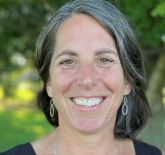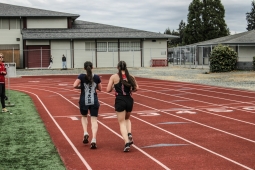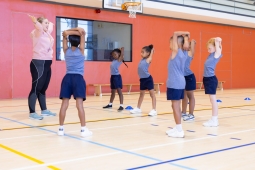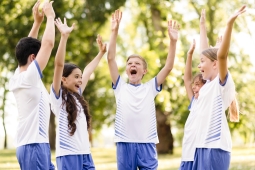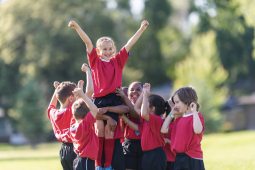The PHE Canada Podcast, Episode 2: Healthy School Initiatives
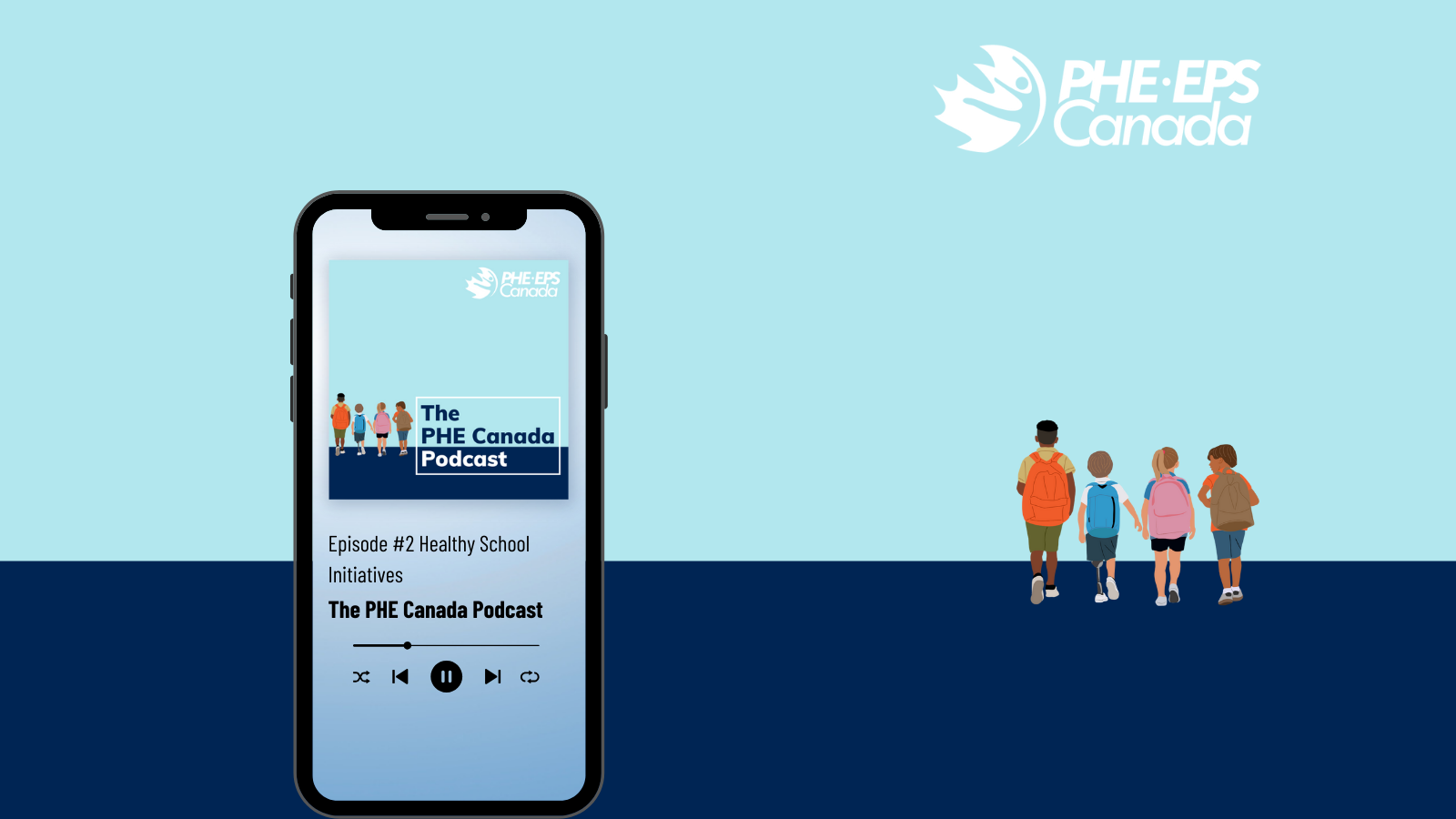
Welcome to The PHE Canada Podcast! In the second episode of our podcast, we speak with principal, Silvia Speck, and PHE teacher, Lisa Winters, from Avonmore Elementary School. Alongside our incredible host, Josh Read, Silvia and Lisa share their outlook and experience with healthy school certification, the importance and benefits of healthy school initiatives, and how they organize and facilitate their Power Hour, Grow Wall and Community Garden, Monthly Wellness Wall, and so much more!
Whether you are new to running healthy school initiatives, are looking for healthy active living opportunities to begin at your school, are wanting to learn about ways to foster stronger relationships with students and staff, and/or how to engage families and your local community to get involved, we highly recommend tuning into this podcast episode. Avonmore Elementary is taking wonderful steps to enhance and promote wholistic well-being at their school which is encouraging students to bring their own ideas around healthy school initiatives to life.
Check out more from Avonmore Elementary:



